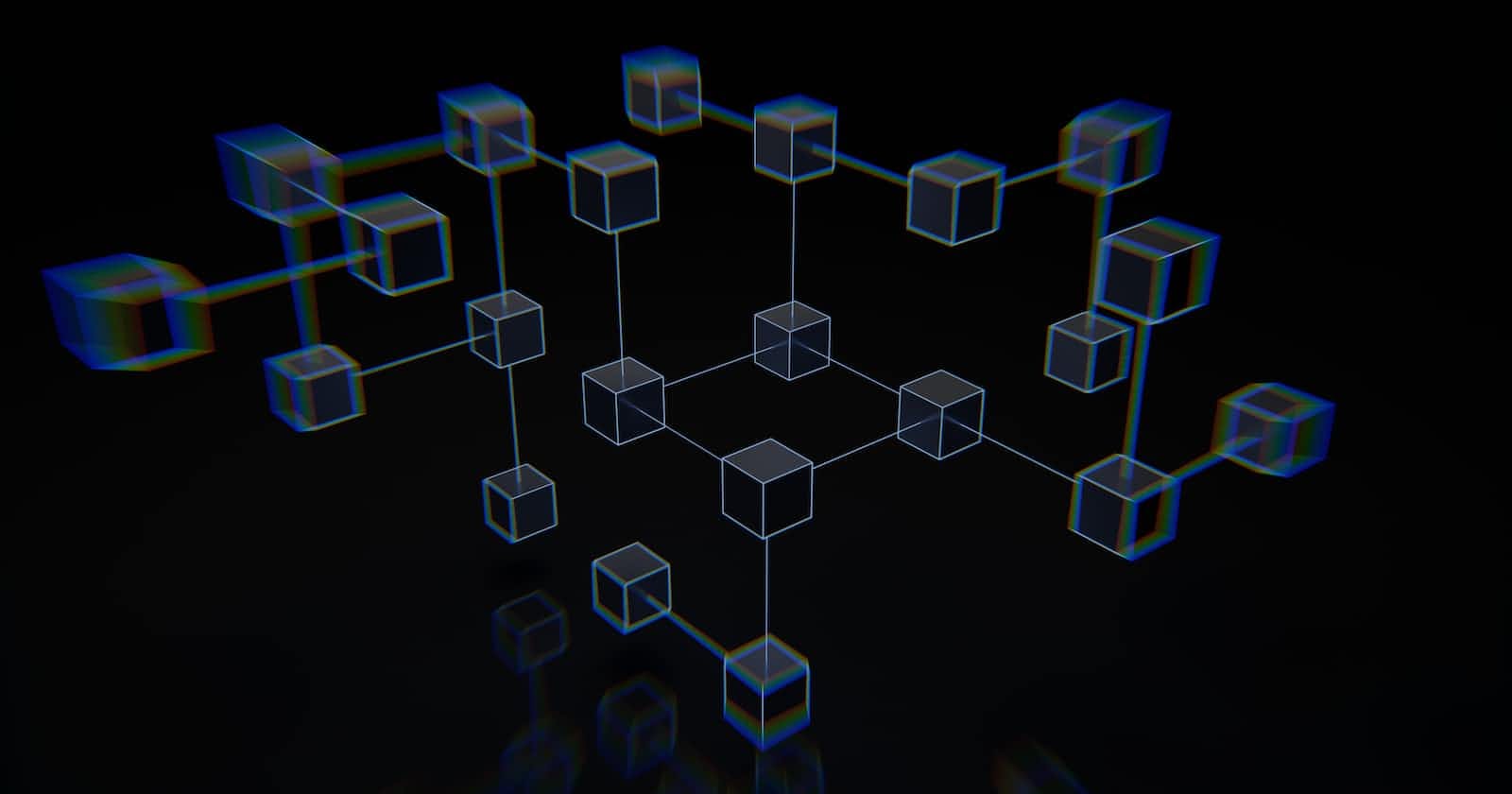
Photo by Shubham Dhage on Unsplash
What I Learned from Building My First Decentralized Application
A Beginner's Guide to Building a Decentralized Application with RandomApp
Decentralized applications (dApps) have become increasingly popular in recent years due to their potential to revolutionize various industries. dApps are built on decentralized networks, making them more secure and transparent than traditional applications. Building a dApp can seem daunting, but with the right tools and knowledge, anyone can do it. In this post, I'll share my experience of building my first dApp using RandomApp and the lessons I learned along the way.
What is RandomApp?
RandomApp is a decentralized application that allows users to generate random numbers using a decentralized oracle. It uses blockchain technology to ensure that the numbers generated are fair and tamper-proof. RandomApp is built on the Ethereum blockchain and can be accessed using a web browser or a mobile app.
Lesson 1: Understanding the Basics of Blockchain and Smart Contracts
Before diving into building a dApp, it's essential to understand the basics of blockchain technology and smart contracts. Blockchain is a decentralized ledger that records transactions in a secure and transparent manner. Smart contracts, on the other hand, are self-executing contracts that run on blockchain networks. They enable developers to build decentralized applications that can run without the need for a central authority.
To build RandomApp, I needed to understand how smart contracts work and how to write them using Solidity, a programming language for building smart contracts on the Ethereum blockchain. I also had to learn how to deploy smart contracts to the Ethereum network using tools like Remix and Truffle.
For those interested in learning more, here are some resources to get started:
Lesson 2: Choosing the Right Tools and Frameworks
Choosing the right tools and frameworks is crucial when building a dApp. There are several tools available to help developers build and deploy decentralized applications, and choosing the right one can make the development process more efficient.
To build RandomApp, I used the following tools and frameworks:
Truffle: A development framework that makes it easy to build, test, and deploy smart contracts on the Ethereum network.
Remix: A web-based IDE for writing, testing, and deploying smart contracts.
Metamask: A browser extension that allows users to interact with dApps on the Ethereum network.
Other popular tools and frameworks for building dApps include Ganache, Embark, and Web3.js.
Lesson 3: Testing and Debugging are Essential
Testing and debugging are essential when building any application, and dApps are no exception. It's crucial to test your smart contracts thoroughly to ensure that they work as intended and are free of bugs.
To test RandomApp, I used Truffle's built-in testing framework, which allowed me to write automated tests for my smart contracts. I also used Remix's debugging tools to identify and fix any errors in my code.
Lesson 4: Community Support is Invaluable
Building a dApp can be challenging, but having a supportive community can make all the difference. The Ethereum community is incredibly supportive, with many resources available to help developers learn and grow.
I found that the following resources were particularly helpful when building RandomApp:
Ethereum Stack Exchange: A community-driven Q&A site for Ethereum developers.
Ethereum Developers Discord: A chat community for Ethereum developers.
OpenZeppelin: A library of secure and reusable smart contracts for the Ethereum network.
Conclusion
Building my first dApp with RandomApp was an incredible learning experience. I gained a deeper understanding of blockchain technology, smart contracts, and the Ethereum network. I also learned the importance of choosing the right tools and frameworks, testing and debugging thoroughly, and having a supportive community.
If you're interested in building a decentralized application, I encourage you to start by exploring the resources I've shared and experimenting with tools like Truffle and Remix. With persistence, a willingness to learn, and a supportive community, you can build your first dApp and contribute to the exciting world of decentralized technology.

